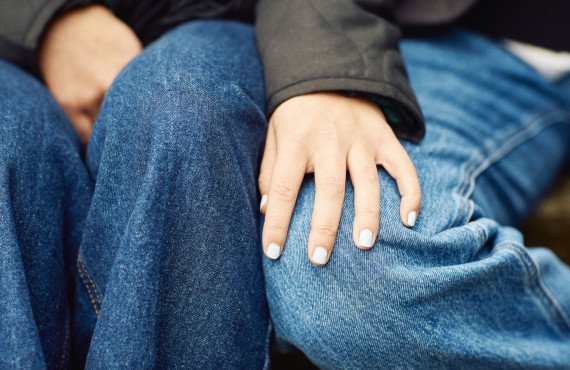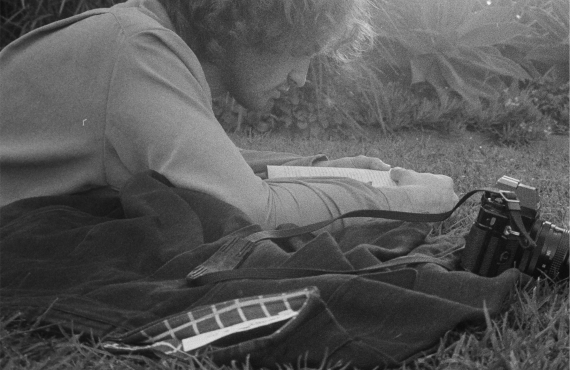What to do when you realise you were the ‘bad guy’ in the relationship
By Rachel Barker
First published on VICE.COM

No one likes to admit when they’ve been the “bad guy” in a relationship, but none of us are perfect and sometimes that’s just the ugly truth.
You might’ve done something that’s obviously not okay – maybe you cheated, maybe you lied throughout your relationship, maybe you used ultimatums to get your way.
Or maybe your dodgy behaviour was something less easy to put your finger on – like you strung someone along when you weren’t really invested, or shut down difficult conversations when your partner tried to start them.
So what can you actually do when you’re going through a break-up and you realise you’re probably, possibly, maybe… the problem?
Don't blame them
It’s not okay to try and spread the idea that your ex did something wrong to your own friends and family (or worse, their friends and family) so that you don’t look bad.
In a lot of relationships that go sour, both people end up behaving in ways that aren’t great. Being the “bad guy” doesn’t mean you’re the only person who did anything wrong – and it doesn’t mean you don’t deserve the support and empathy of people close to you – but you owe it to yourself and your ex to be honest about your faults, rather than trying to put the blame back on them to make it seem equal.
You’ve already hurt them, don’t make it worse by talking shit.
Don't lie about your own wrongdoing
If you’ve cheated or done something behind your partner, or ex-partner’s, back that would really hurt them, don’t lie about it.
It’s not going to be easy to tell them what you’ve done, but you need to be upfront so that you’re not leaving them confused or anxious and trying to figure out what you’ve really done.
They deserve to make their decisions about your relationship going forward based on the big picture.
Respect their needs
Even in situations where you’ve screwed up badly, it doesn’t mean your ex will never speak to you again. But it might. And you have to accept their choice to cut contact with you.
It’s not easy to swallow that doing things “on their terms” might mean you lose out on some shared friends, places or hobbies – but it’s also not fair when you’ve hurt someone to be demanding about what you want. Maybe there’s a party coming up and they don’t want you to come: it sucks, but they’re probably really hurting and in need of spaces where they can have fun without being reminded of the break-up.
No one can – or should – be stopping you from seeing your own friends, or pushing you into complete isolation, so we’re not telling you to disregard your own needs. Just be aware that you owe it to someone you’ve hurt not to make things drastically harder on them.
Forgive yourself
As we said above, while giving the person you’ve hurt the space or support they need is important for them, your experience is important too.
Seek out your own support systems, keep up kōrero with the people who can hold you accountable, and work towards changing the behaviours that have hurt people before. Rather than ignoring or avoiding what you’ve done, forgiveness is about accepting it and knowing that you can (and will) do better.
You may also like
-
 Read
ReadDo you like your partner as a person, or do you like the lifestyle they offer you?
Advice, Relationships














